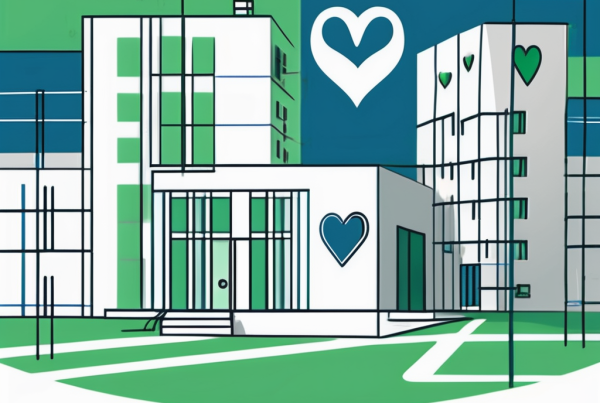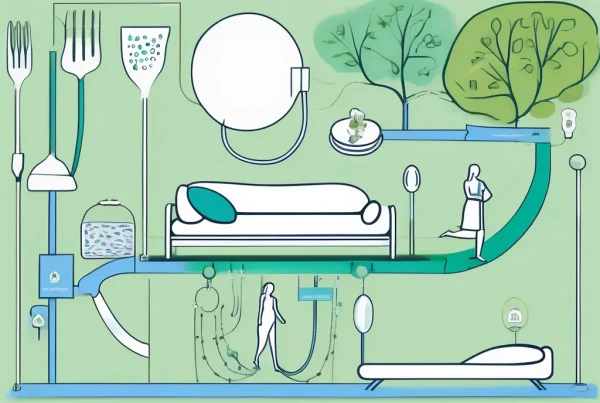Eating disorders are complex conditions requiring an integrative approach that addresses physical, psychological, emotional, and spiritual needs. Holistic eating disorder treatment centers offer comprehensive care that goes beyond symptom management to promote overall well-being. Choosing the right center is essential for recovery, and this guide outlines key factors to consider. Below is a quick overview of treatment options available at holistic centers.
Quick Overview of Treatment Options at Holistic Eating Disorder Centers:
- Medical Treatment and Monitoring: Regular health check-ups to address physical symptoms and complications.
- Nutritional Therapy: Meal planning and guidance from dietitians to develop balanced eating patterns.
- Cognitive Behavioral Therapy (CBT) and Dialectical Behavior Therapy (DBT): Evidence-based approaches to address disordered thoughts and behaviors.
- Family-Based Therapy (FBT): Involves family in the recovery process to provide a supportive environment.
- Alternative Therapies: Yoga, art therapy, meditation, or equine therapy to enhance emotional and spiritual well-being.
- Group Therapy and Support: Peer support to foster connection and share experiences in a safe space.
Understanding Holistic Treatment
Before choosing a treatment center, it’s important to understand holistic treatment. The term “holistic” refers to treating the whole person, considering mental and social factors rather than just the symptoms of a disease. In the context of eating disorders, holistic treatment involves addressing the physical, psychological, emotional, and spiritual aspects of the condition.

Physical treatment often involves medical care and nutritional counseling to restore physical health and establish healthy eating habits. Psychological and emotional treatment typically includes various forms of therapy to address underlying issues and develop healthier coping mechanisms. Spiritual treatment, on the other hand, may involve practices like yoga, meditation, or mindfulness to promote overall well-being.
Factors to Consider When Choosing a Holistic Treatment Center
Choosing the right holistic treatment center for eating disorders involves considering several factors. These include the center’s approach to treatment, the qualifications of the staff, the types of therapies offered, and the center’s location and environment.
Approach to Treatment
One of the first things to consider is the center’s approach to treatment. Some centers may focus more on the physical aspects of the disorder, while others may emphasize the psychological or spiritual aspects. The best centers typically offer a balanced approach that addresses all aspects of the disorder.
It’s also important to consider whether the center’s approach aligns with your beliefs and values. For example, if you strongly oppose the use of medication in treatment, you may want to look for a center that offers alternative therapies.
Qualifications of the Staff
Another important consideration is the qualifications and experience of the staff. Look for centers that have a multidisciplinary team of professionals, including psychiatrists, psychologists, dietitians, and therapists. These professionals should have experience treating eating disorders and be able to provide the comprehensive care necessary for recovery.
Additionally, it’s important to consider the staff-to-patient ratio. A lower ratio often means more personalized attention and care.
Types of Therapies Offered
The types of therapies offered can also significantly influence your decision. Cognitive-behavioral therapy (CBT), dialectical behavior therapy (DBT), and family-based therapy (FBT) are among the most effective therapies for treating eating disorders. Some centers may offer alternative therapies like art therapy, equine therapy, or yoga therapy.
It’s important to choose a center that offers a variety of therapies, as different approaches work for various individuals. The center should also be able to tailor the treatment plan to meet your specific needs and preferences.
Location and Environment
The location and environment of the center can also impact your recovery. Some individuals may prefer a center close to home, while others may find that a change of environment is beneficial. Consider whether you’d like a rural or urban setting and whether you’d feel more comfortable in a small, intimate center or a larger, more bustling facility.
The environment should be supportive, nurturing, and conducive to healing. It should also be safe and comfortable, with amenities that promote relaxation and well-being.
Questions to Ask When Evaluating a Center
When evaluating potential treatment centers, it is important to ask the right questions. These can help you better understand the center’s approach to treatment, the qualifications of the staff, and the types of therapies offered.
What is your approach to treatment?
This question can help you better understand the center’s philosophy and treatment approach. Look for centers that offer a comprehensive, holistic approach that addresses all aspects of the disorder.
What qualifications do your staff have?
This question can help you assess the staff’s qualifications and experience. Look for centers with a multidisciplinary team of professionals who are experts in treating eating disorders.
What types of therapies do you offer?
This question can give you a sense of the variety of therapies offered. Look for centers that provide a range of treatments, including evidence-based therapies like CBT, DBT, and FBT, as well as alternative therapies.
What is the environment like?
This question can help you get a sense of the center’s environment. Look for centers that offer a supportive, nurturing, and healing environment.
Conclusion
Choosing the right holistic eating disorder treatment center is a crucial step in the recovery process. By considering factors like the center’s approach to treatment, the qualifications of the staff, the types of therapies offered, and the center’s location and environment, you can make an informed decision that best supports your journey to recovery.
Remember, recovery is a journey that requires patience, perseverance, and support. With the right treatment center, you can overcome your eating disorder and regain control over your life.
If you’re ready to take the next step in your recovery journey, ViaMar Health is here to support you. Our compassionate team of professionals understands the intricacies of eating disorders and is committed to providing individualized, integrative, and evidence-based treatment tailored to your unique needs. Whether you’re seeking help for yourself or a loved one, ViaMar Health offers a range of programs, from residential to intensive outpatient care, designed to address not only the disorder but also any co-occurring mental health conditions. Embrace a holistic path to wellness and speak with an admission specialist today to start your recovery.




